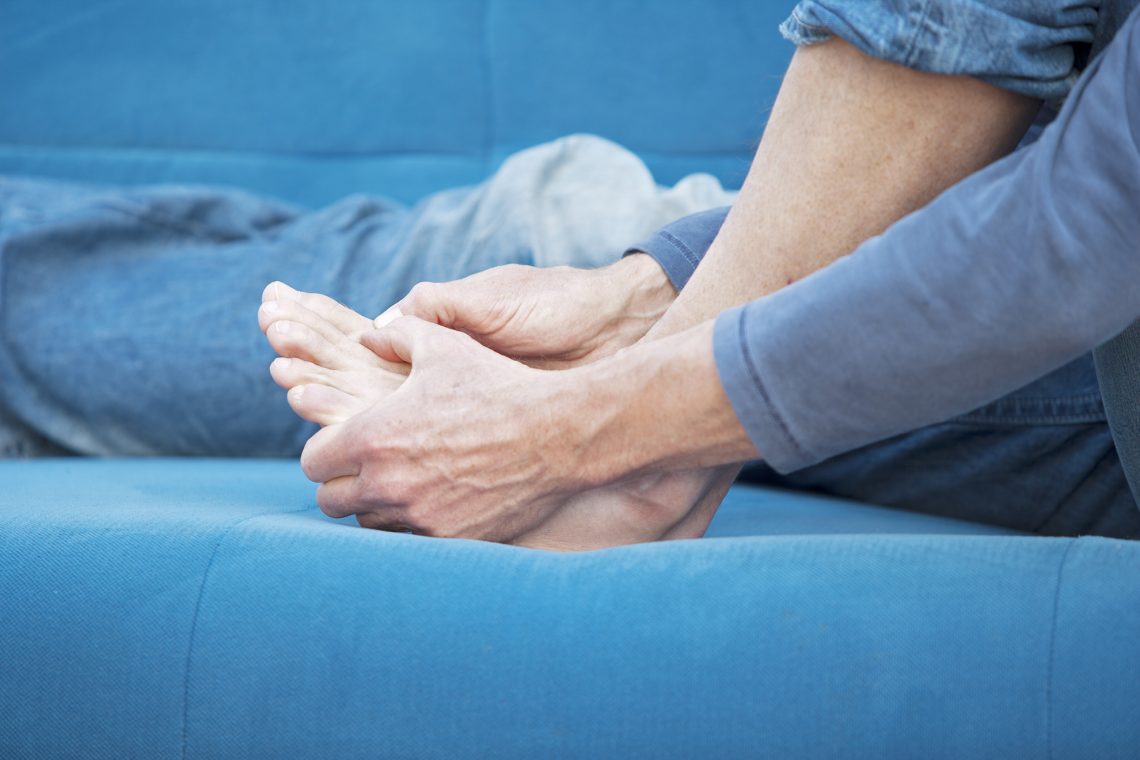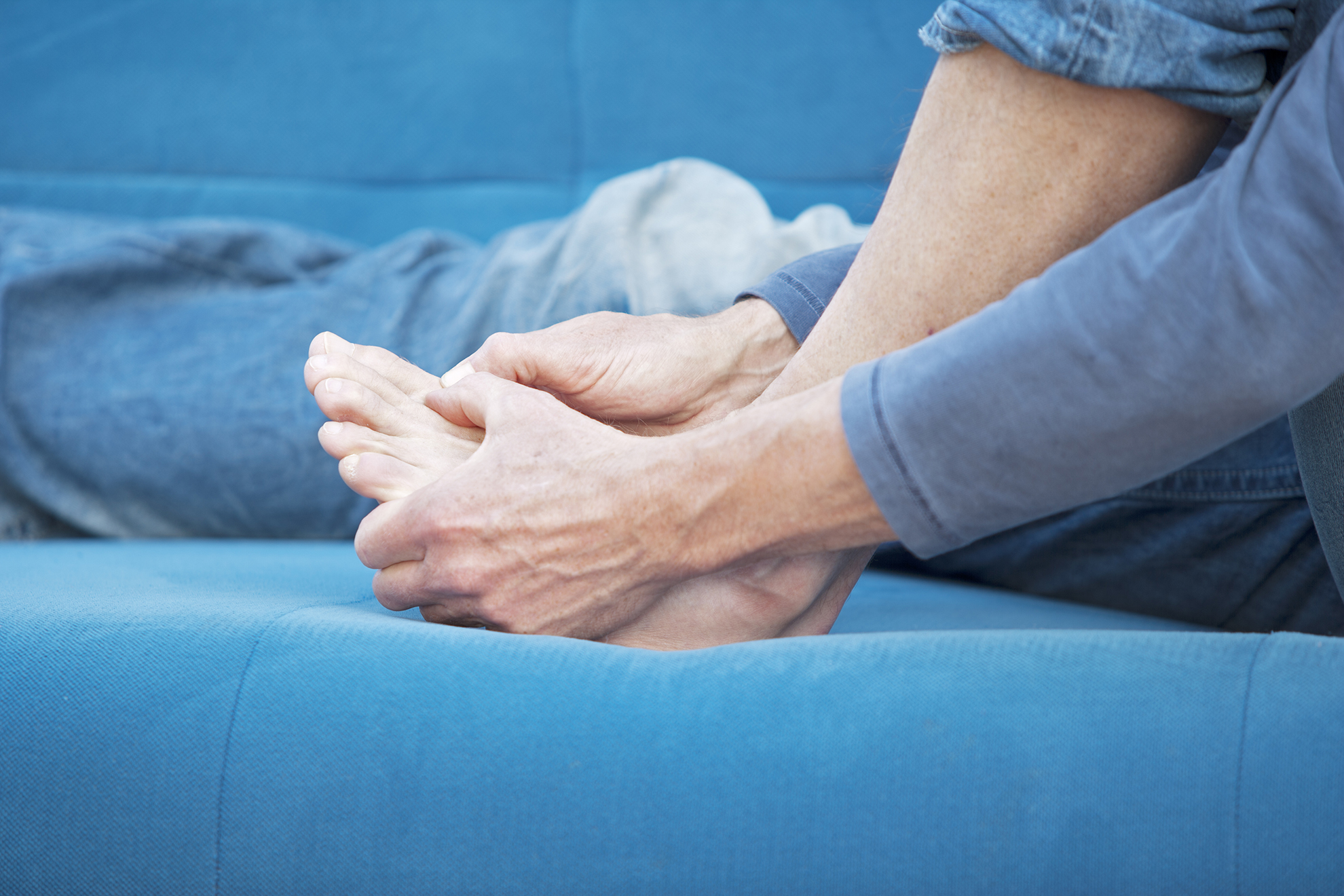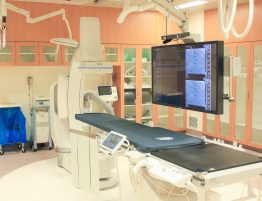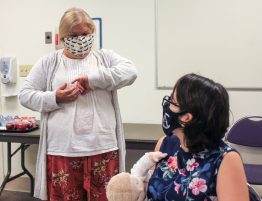

Diabetic neuropathy is nerve damage that causes numbness in your extremities. Unfortunately, there is no cure for it. All hope is not lost; you can limit how much it impacts your body and life. Work with your doctor to secure a proper diagnosis and outline an effective treatment plan.
What will your doctor do?
Your doctor will ask about your symptoms and medical history, as well as check your heart rate, blood pressure and muscle tone. He or she will also check your reflexes, mainly in your ankles. A tuning fork test will determine sensitivity in your feet to vibration and a nylon fiber pinprick tests sensitivity to touch.
What are your treatment options?
Proper treatment can slow progression. There are several things you can do.
- Medication: Discuss available medications with your doctor, including alternative therapies. Some medications can ease neuropathic pain by 30 percent to 50 percent. In some cases, alternative therapies, such as acupuncture, can alleviate symptoms when combined with medication.
- Diet: Eating smaller meals improves digestion. Limit fiber and fat, concentrating mainly on fruits, vegetables, low-fat dairy, whole grains and moderate amounts of fish, poultry and nuts. Eat only small amounts of red meat.
- Blood Sugar: Keeping your blood sugar in a healthy range (lower than 130 mg/dL before eating, lower than 180 mg/dL after eating) and maintaining a hemoglobin A1C of less than 7 percent can reduce nerve damage by up to 60 percent, according to the National Institute of Diabetes and Digestive and Kidney Diseases.
- Exercise: Strive for 30 minutes of exercise five days a week. Biking, walking, swimming, running and aerobics are good options to improve circulation to your arms, legs, hands and feet.
- Get warm: Take a warm bath. It can boost your circulation.
- Vitamins: Vitamin D can protect you against nerve pain. Getting enough on your own is difficult, so add a supplement to reach the 600-800 IU you need daily. Recent research revealed enough Vitamin D reduces neuropathy symptoms within two months. Low B12 also causes nerve damage and low B6 can decrease the chemicals in your body responsible for sending messages. Have your doctor check your levels.
- Capsaicin cream: Hot peppers might make you think about having a spicy mouth, but the chemical ingredient that causes that sensation — capsaicin — can also alleviate the burning and pain associated with nerve damage. In fact, a study published in the journal Pain showed wearing an 8-percent capsaicin patch reduced pain by 30 percent after two weeks. Only your doctor can prescribe a higher-level cream, but even a 0.1-percent cream can provide up to 11-percent relief.
Overall, with there being no cure, you can’t completely alleviate the symptoms associated with your diabetic neuropathy. But, with proper treatment — and consultation with your doctor — you can significantly reduce how much it impacts your quality of life.
Care Is Here
Need to speak with someone about diabetic neuropathy? Find a podiatrist by visiting our Physician Directory or by calling our Physician Referral line at 877-207-2241.
Beverly Hospital also offers an Advanced Wound Healing and Hyperbaric Medicine. The center provides a comprehensive approach to treating patients with non-healing wounds. It is open Monday – Friday from 8:00am to 5:00pm and is located at 413 N Poplar Ave., Montebello, CA 90640. For more information about wound care, diabetes assistance, or to schedule an appointment call 323-725-5066 or submit an appointment request online.








